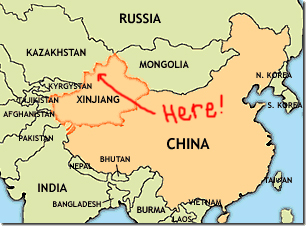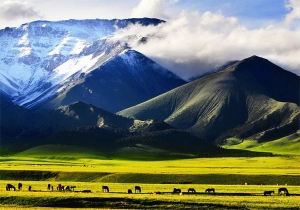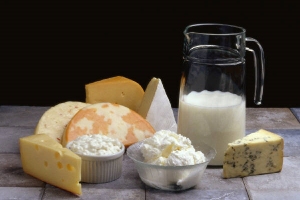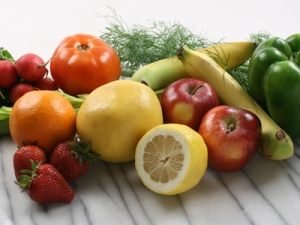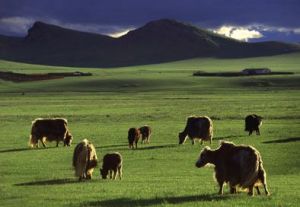Important disclaimer: In light of new information, this post needs to be taken with a really whoppin’ huge grain of salt. It turns out Tuoli was “feasting” on the day the survey crew came for China Study I, so they were likely eating more calories, more wheat, more dairy, and so forth than they typically do the rest of the year. We can’t be completely sure what their normal diet did look at the time, but the questionnaire data (which is supposedly more reliable than the diet survey data) still suggests they were eating a lot of animal products and very little in the way of fruits or vegetables.
At any rate, I recommend not quoting this post or citing it as “evidence” for anything simply because of the uncertainty surrounding the Tuoli data in the China Study. Please see the following posts for more information on the issue of Tuoli’s accuracy:
http://rawfoodsos.com/2010/08/03/the-china-study-a-formal-analysis-and-response/
http://rawfoodsos.com/2010/07/16/the-china-study-my-response-to-campbell/
As I mentioned in the previous post on dairy consumption and disease in China, there’s a fascinating little county by the name of “Tuoli” situated in northwest China—a place quite worthy of nutritional study, due to their unique diet.
They live here:
Which looks like this:
Where they eat a lot of this:
But not a lot of this:
The Tuoli diet is so abnormal for China, in fact, that T. Colin Campbell et al omitted this county from analysis in several China Study papers—such as “Vitamin A and cartenoid status in rural China,” published in the British Journal of Nutrition:
One county (Tuoli County in Xinjiang Autonomous Region), composed primarily of an ethnic minority population of herdspeople, had disproportionately high values for retinol, lipid and protein intake due to an exceptionally high intake of animal foods. This ‘outlier’ was not included in the analysis, to characterize more accurately the average intakes of the rural Chinese population and to avoid the undue influence of one data point on the results.
Given the prevailing beliefs about nutrition and health—such as saturated fat and cholesterol as a cause of heart disease, the necessity of fiber for colon health, the immunity-boosting properties of fruits and vegetables, and the dangers of a diet high in animal fat—it would seem the Tuoli should showcase the health woes that come from breaking every rule in the diet book.
But is that the case? (more…)
